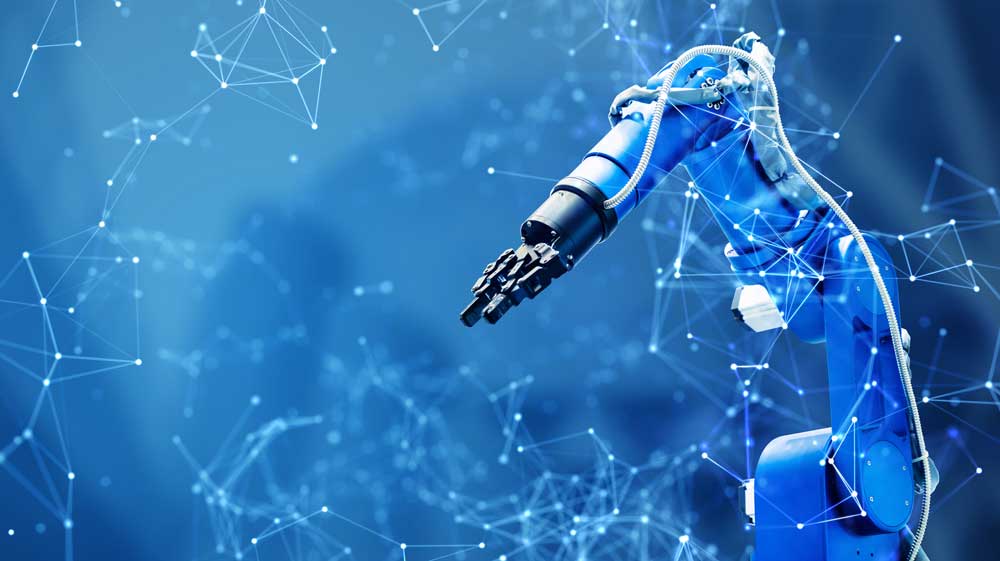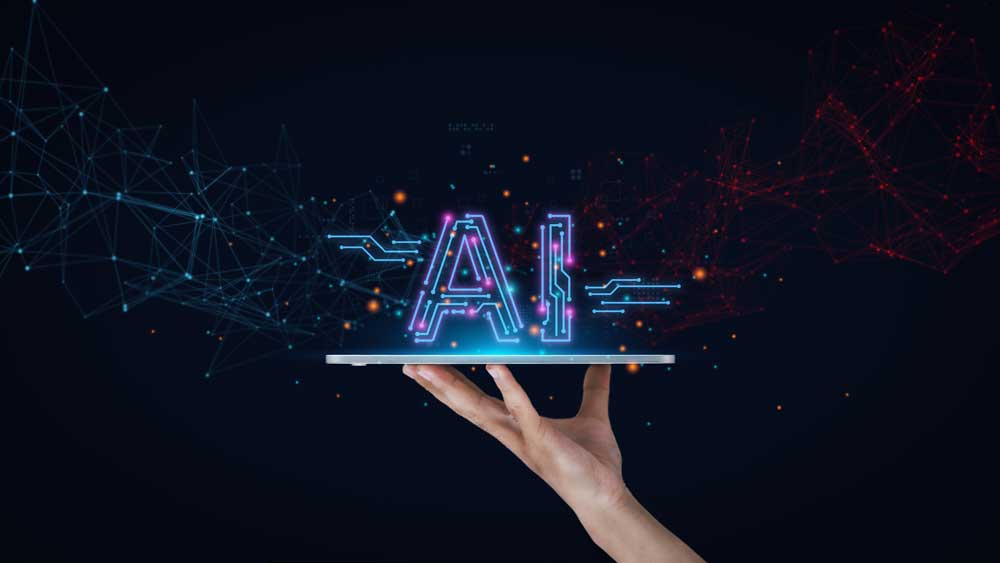Picture the world just a decade ago. The notion of artificial intelligence (AI) as a transformative force felt like science fiction! While the groundwork for machine learning has been laid over the years, it is recent technological leaps that have made AI an inextricable part of our daily existence. Today, AI is no longer confined to research labs; it's all around us - from facial recognition in our smartphones to voice assistants helping us navigate the digital realm. This AI revolution has brought not only convenience but also a surge in job opportunities. Consequently, the gamut of AI careers has seen steady growth. LinkedIn designates artificial intelligence practitioners as one of the 'jobs on the rise' in 2021.
Reports indicate that the demand for AI and machine learning experts has surged by nearly 75 per cent in recent years, and the momentum is far from slowing down.
According to the US Bureau of Labor Statistics, employment in computer science and information technology is projected to increase by 11 per cent from 2019 to 2029, resulting in approximately 531,200 new jobs in the industry. This estimate appears conservative, especially considering that 'AI and Machine Learning Specialists' rank second on the World Economic Forum's list of jobs in high demand.

With the recent AI surge, exemplified by innovations like ChatGPT, aspiring individuals may contemplate a career in artificial intelligence. However, what are the available AI job options, and how can one secure a position in this field?
Her Circle speaks to Paritosh Mehta, who works at an IT Firm that helps clients select appropriate AI technologies to achieve business goals. He helps us explore future AI careers.
For those with a genuine passion for AI, Mehta suggests, ‘The present moment offers a perfect window of opportunity to dive into this dynamic and rewarding field.’
· Machine Learning Engineer
Machine Learning Engineers are the architects behind AI systems. They create algorithms that teach machines to learn and make predictions using data. With AI being used in healthcare, finance, and autonomous vehicles, there's a growing need for skilled Machine Learning Engineers. They require strong programming skills, deep knowledge of data science, and expertise in various machine learning tools.

· Data Scientist
Data Scientists are vital in the world of AI. They work with large datasets to uncover valuable insights and drive data-driven decision-making. As businesses increasingly rely on data-based strategies, the role of Data Scientists becomes even more critical. They need a solid foundation in statistics, machine learning, and programming, along with the ability to communicate their findings effectively.
· AI Product Manager
AI Product Managers are responsible for creating AI products that meet market demands. They need a deep understanding of AI technology and its potential applications. As more companies seek to incorporate AI into their product offerings, the role of AI Product Managers is set to expand.
· Robotics Engineer
Robotics Engineers are at the forefront of developing intelligent machines and robots capable of performing tasks autonomously. Their expertise will be in high demand as industries like manufacturing, healthcare, and logistics continue to invest in robotic automation.

· AI Research Scientist
AI Research Scientists focus on pushing the boundaries of AI technology through innovative research and development. They work in academia, research institutions, and industry to advance the field of AI. Given the rapid evolution of AI, the demand for AI Research Scientists is expected to remain strong in the future.
· AI Ethicist
With AI becoming an integral part of our lives, ethical concerns are on the rise. AI Ethicists ensure that AI technologies are developed and used responsibly and ethically. They play a key role in shaping policies and guidelines to address issues like AI bias and privacy. The demand for AI Ethicists is expected to grow, as society becomes more conscious of the importance of ethical AI.

· Natural Language Processing (NLP) Engineer
NLP Engineers specialise in creating AI systems that can understand and generate human language. The demand for NLP expertise is on the rise, especially in applications like chatbots, language translation, and sentiment analysis. NLP Engineers will continue to be essential in building AI-driven applications that enhance interactions between humans and computers.
· Computer Vision Engineer
Computer Vision Engineers work on AI systems that can interpret and analyse visual information from the world. This technology finds applications in areas like autonomous vehicles, healthcare, and security. As computer vision technology advances, the demand for skilled engineers in this field is expected to grow in the coming years.
With their unique problem-solving skills, empathy, and ability to view situations from various perspectives, women are ideal candidates for these AI-based job roles. As the industry evolves at breakneck speed, it is important for them to learn, upskill, and create a space for themselves in one of the most relevant careers of the present and future.
